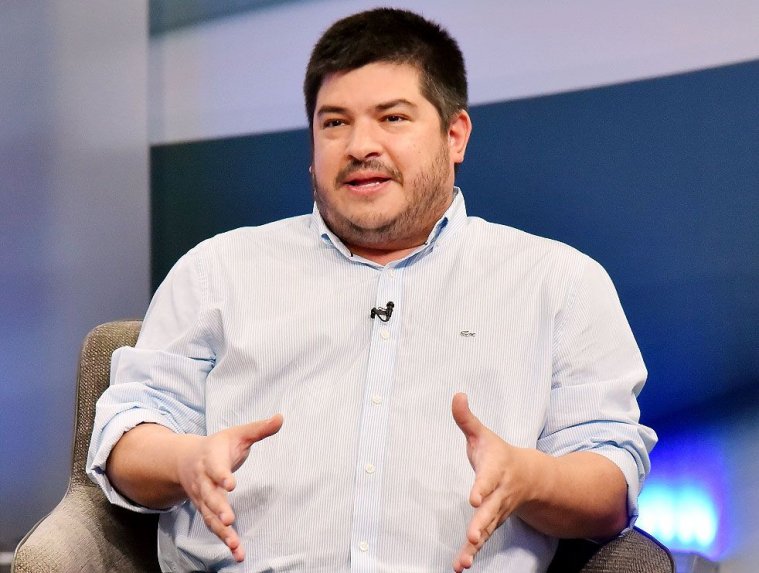RIO DE JANEIRO, BRAZIL – Ezequiel Santagada, who had requested information from the Ministry of Health on points related to the purchase of vaccines against the coronavirus, had his questions answered, and one of them was about the secret prices on the purchases, which speak of confidentiality of the data of these transactions.
Santagada noted that the amendments made through Law No. 6727, which amends Articles 2, 3, 4, and 5 of Law No. 6707/2021 “Which declares public good the research, development, manufacture, and acquisition for free distribution to the population of vaccines against covid-19″, there are some disturbing points such as the acceptance of “clauses that contemplate the waiver of the sovereign immunity of the Paraguayan State, in contracts for the acquisition of vaccines against covid-19, entered into with entities based abroad,” according to the second article.
According to the lawyer, it means that the companies selling the vaccine have the possibility of seizing the reserves and funds of the Paraguayan Central Bank (BCP) and the public property of the Paraguayan State.

Santagada considered that those who approved this legislation (deputies, senators, and the President of the Republic Mario Abdo Benítez) agreed to this because “the vaccines were not arriving and they had to be bought at any cost”.
He added that “these 20 laws destroyed a good law, 6717, which was reasonable and was drafted by a specialist in international contracts, and the congress approved it with a closed book”.
“The money that Paraguay has in other countries, which is unseizable, these pharmaceutical companies can seize it,” he said.
Another questionable point, he said, is what is established in the third and fourth articles, in which acts of partial or total confidentiality are established, constituting these processes as reserved public information. The Executive Branch may restrict information and determine the type of secret information. “It is extended to all the officials if it were to be leaked that will have criminal responsibility, the punishable fact of disclosure of State secret is imposed,” he said.
“Eternal secrecy does not exist anywhere in the world. A State may decide whether it is 5 or 15 years. Another important principle regarding access to information is that there is no such thing as absolute secrecy,” Santagada pointed out.
With information from ABC Color

